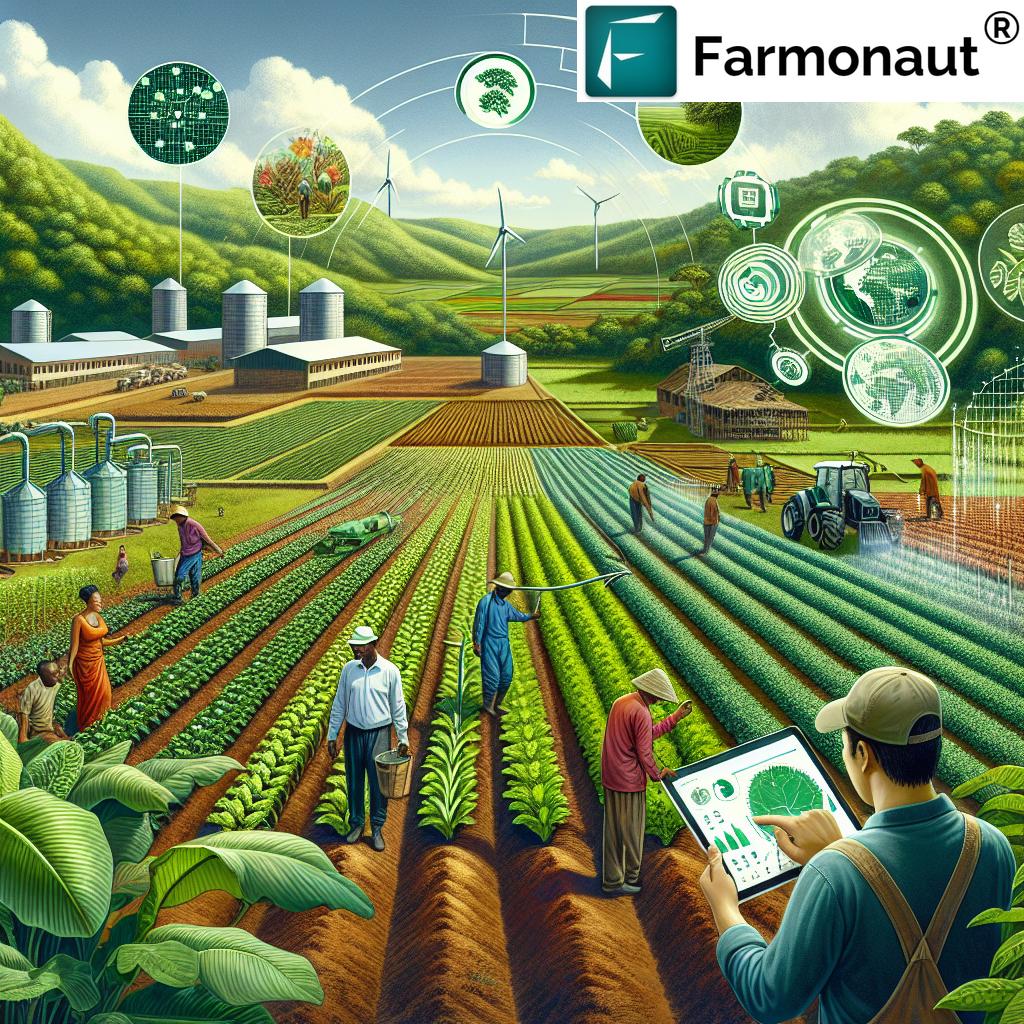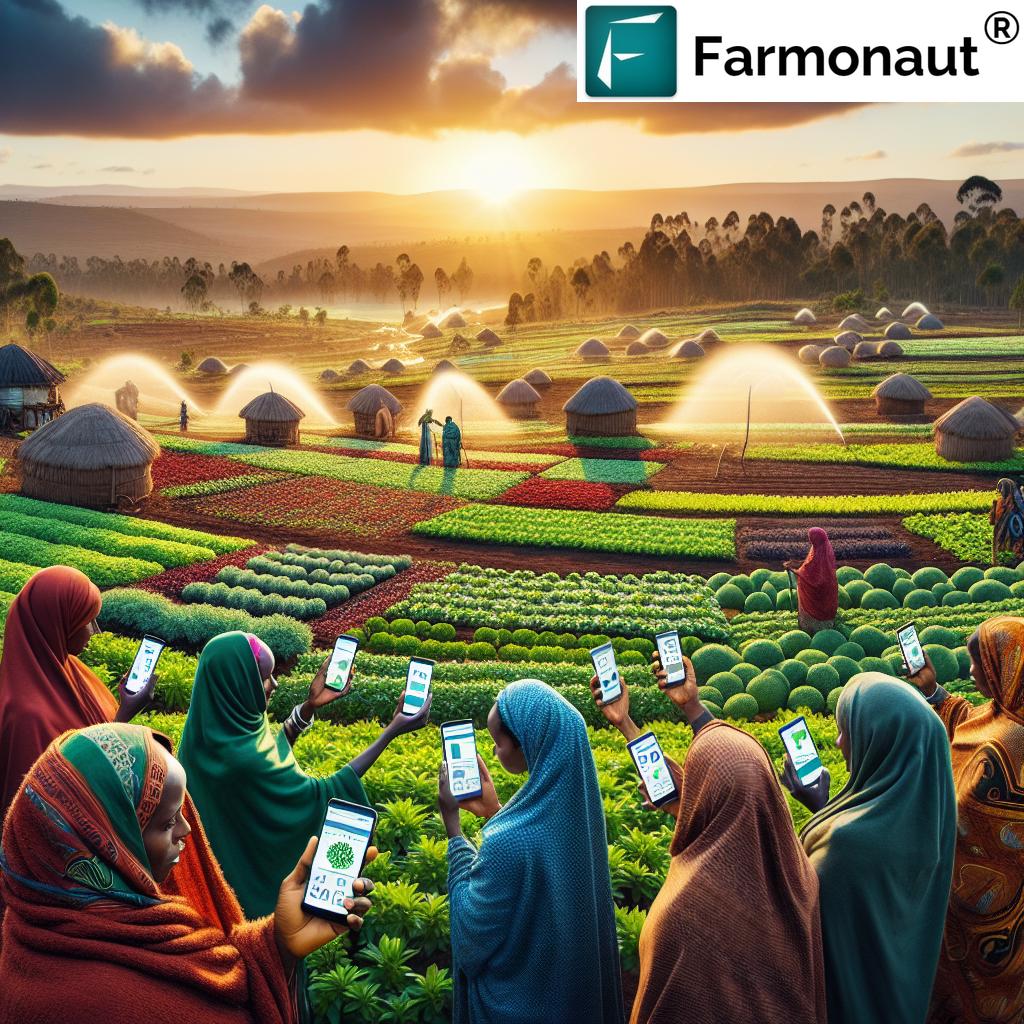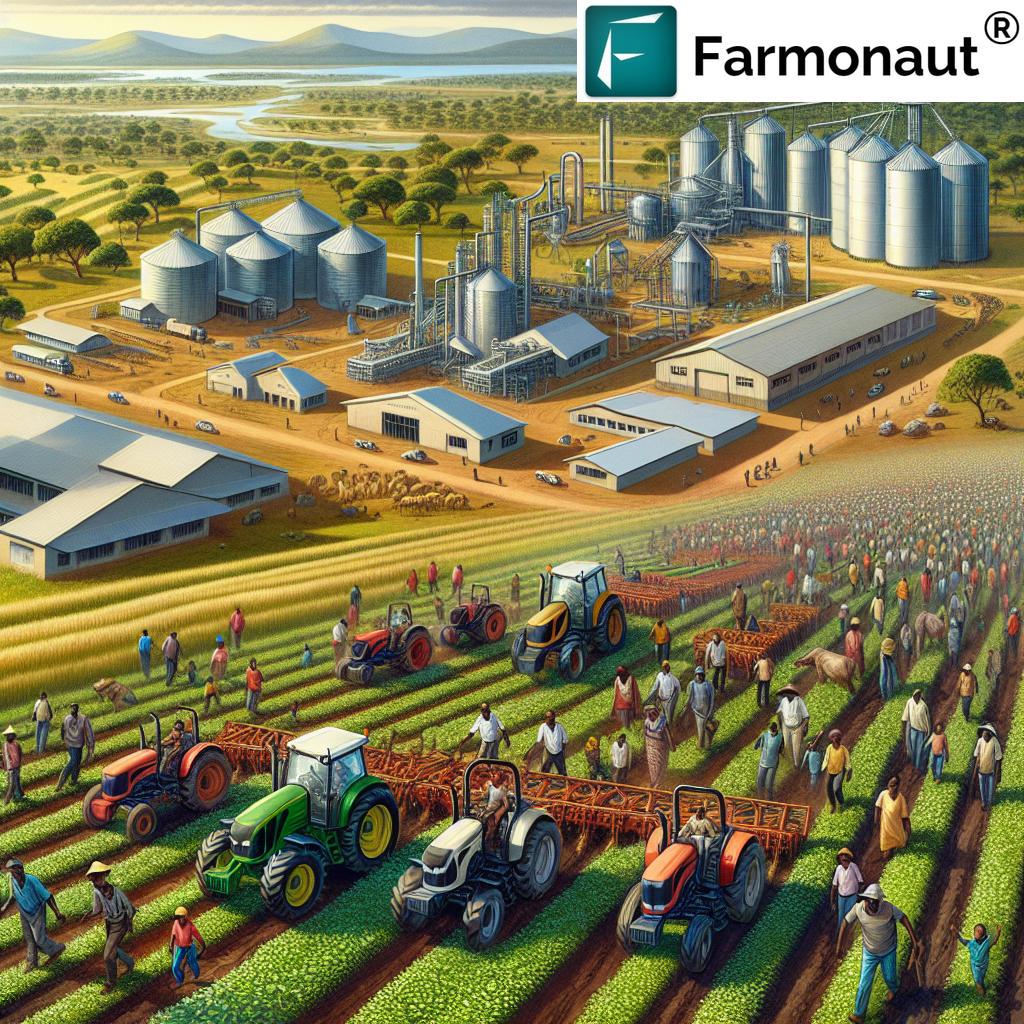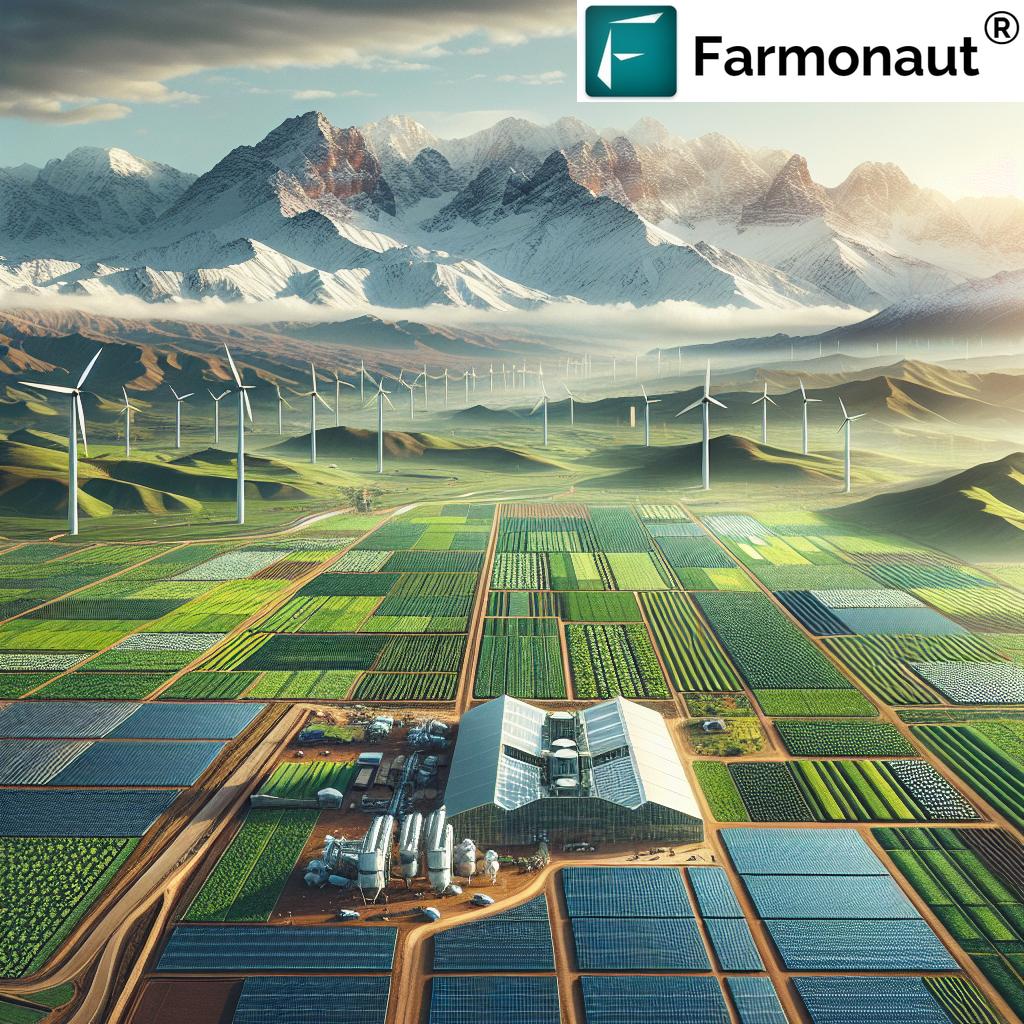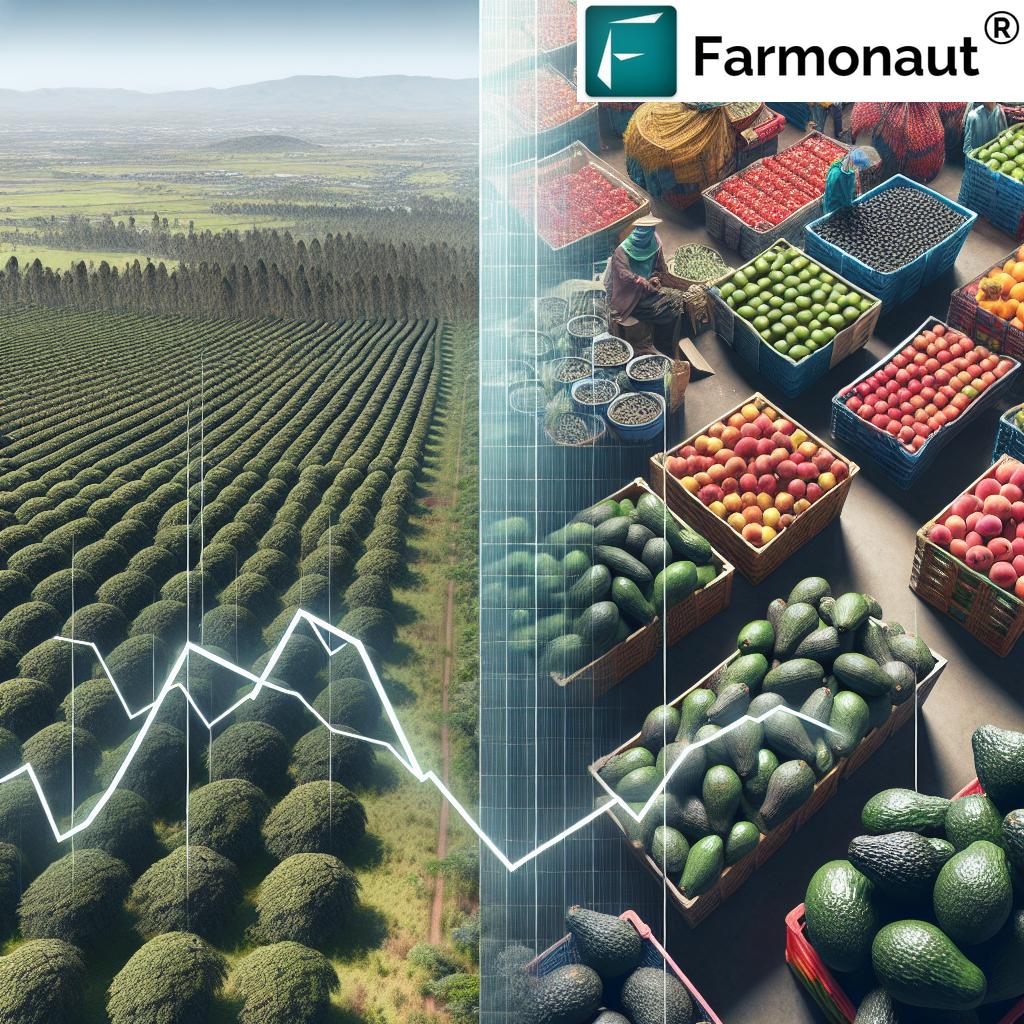Farming in Liberia: 7 Powerful Sustainable Methods for 2025
Meta Description: Farming in Liberia is evolving: discover 7 powerful sustainable agriculture methods for 2025 that boost food security, empower farmers, and protect natural resources. Learn about sustainable Liberia farming, modernization, and agroforestry practices driving national growth.
“Liberia’s sustainable farming methods could increase crop yields by up to 40% by 2025, enhancing national food security.”
The Critical Importance of Farming in Liberia’s Future
Liberia stands at a pivotal point in its journey toward sustainable agriculture and national progress as of 2025. With farming as the cornerstone of its economy and social structure, Liberia’s ability to feed its expanding population, support livelihoods, and improve food security relies heavily on transforming the way farming in Liberia is done.
The agriculture Liberia sector, predominantly composed of family farms and smallholders, remains the largest source of employment, providing a means of survival and development for the majority. Recent initiatives focus on modernizing farming methods in Liberia—with an ambition to combine traditional practices with proven, innovative, and sustainable approaches.
Current State: Strengths and Pressing Challenges
- Fertile tropical climate and abundant natural resources fuel a diversity of crops including rice (the staple), cassava, cocoa, coffee, palm oil, rubber, fruits, and vegetables.
- Low productivity per hectare due to outdated methods, limited access to inputs, and insufficient infrastructure.
- Resilience has characterized Liberia’s recovery from past conflicts, yet new structural and environmental challenges emerge with climate change and global food pressures.
- Sustainability and modernization are increasingly at the center of Liberia farming policies and community-led initiatives.
Sustainable agriculture techniques are now recognized as essential for improving productivity, reducing post-harvest losses, and safeguarding the environment. Let’s dive into how these groundbreaking methods are revolutionizing farming in Liberia for 2025 and beyond.
“Agroforestry adoption in Liberia is projected to cover 30% of farmland by 2025, supporting biodiversity and soil health.”
7 Powerful Sustainable Farming Methods Transforming Liberia
As 2025 approaches, farming methods in Liberia are being redefined by a suite of sustainable, eco-friendly, and scalable practices. Here, we detail the seven most powerful approaches—tailored for Liberia’s agro-ecological context—that promise to enhance productivity, ensure food security, and uplift rural communities.
1. Crop Rotation
Crop rotation involves the systematic planting of different crops on the same land across seasons. In Liberian agriculture, crop rotation addresses low soil fertility, pest cycles, and disease pressure, breaking the unsustainable cycle of mono-cropping (especially rice and cassava).
- Reduces soil nutrient depletion/erosion.
- Enhances natural soil fertility and biodiversity.
- Disrupts life cycles of crop-specific pests and diseases.
For example, rotating rice with legumes, vegetables, or tubers enriches the soil with nitrogen and improves yields.
2. Agroforestry
Agroforestry—the intentional integration of trees and shrubs with crops and/or livestock—aligns perfectly with Liberia’s natural ecology and cultural land use patterns. This method has gained massive traction and is forecasted to occupy 30% of Liberian farmland by 2025.
Benefits include:
- Improved soil health and structure through deeper root systems
- Reduction of soil erosion on sloped, tropical land
- Increased biodiversity by providing microhabitats
- Diversified income sources (timber, nuts, fruits, medicines)
- Resilience against climate unpredictability
In practical terms, a smallholder may cultivate cassava and rice beneath a canopy of nitrogen-fixing trees or interplant cocoa, coffee, or oil palm with fruit/nut trees, thus creating a multi-story system that mimics natural forests.
3. Organic Fertilization
The shift towards organic fertilization is accelerating within Liberia farming. This method leverages compost, green manures, animal waste, and other natural nutrient sources to boost soil fertility and reduce dependency on imported, synthetic inputs.
Key advantages:
- Reduces environmental pollution and chemical runoff
- Builds long-term soil organic matter
- Improves moisture retention—critical for the country’s dry spells
- Enables low-cost, locally managed nutrient cycles
By using crop residues, animal manure, and legume cover crops, family farms create closed-loop systems—mirroring traditional Liberian practices with enhanced sustainability.
4. Integrated Pest Management (IPM)
Integrated Pest Management (IPM) combines biological, cultural, mechanical, and chemical controls to **reduce pest populations** while minimizing ecological disruption.
Components of IPM adapted for Liberia include:
- Crop intercropping and rotations to disrupt pest cycles
- Use of pest-resistant crop varieties
- Biological controls (e.g., introducing beneficial insects)
- Targeted, minimal use of safe pesticides only when necessary
IPM in Liberia also involves farmer training and early pest detection, reducing crop losses by protecting critical crops like cassava and vegetables—thus boosting household food security.
5. Conservation Tillage
Conservation tillage (minimum tillage, no-till, and cover cropping) aims to reduce soil disturbance.
This technique is pivotal in Liberia’s tropical zones:
- Protects fragile soils from erosion caused by heavy rains
- Preserves soil organic matter and beneficial soil microfauna
- Decreases water evaporation and conserves soil moisture
As more farmers adopt mechanical planters and animal-drawn tillers, combined with residue cover, soil health improves and labor demands decrease.
6. Water Conservation Techniques
Water access and management remain critical for farming in Liberia.
Innovative water conservation methods include:
- Rainwater harvesting systems
- Mulching and soil cover to minimize evaporation
- Drip irrigation and low-energy water application methods
These solutions maximize available rainfall, reduce dependency on erratic weather, and preserve valuable water resources for both crops and livestock.
7. Diversified Crop-Livestock Systems
Last, but not the least, diversified **crop-livestock systems** are returning to prominence in Liberian agriculture. By blending crop and animal production:
- Farms utilize manure as organic fertilizer, closing nutrient loops
- Livestock offers alternative income and dietary protein
- Crop residues feed animals, reducing waste
Blending crop and livestock operations supports resilience and diversified livelihoods, critical to thriving under unpredictable economic or climatic conditions.
Comparison Table of Sustainable Farming Methods in Liberia (2025)
| Method Name | Description | Estimated Yield Improvement (%) | Environmental Impact | Required Investment (USD/ha) | Skill Level Needed | Community Adoption Rate (%) |
|---|---|---|---|---|---|---|
| Crop Rotation | Planting different crops sequentially to restore nutrients and disrupt pests | 20–30 | Low | 80–120 | Basic | 60 |
| Agroforestry | Integrating trees and crops for soil, income, and biodiversity benefits | 30–40 | Low | 100–220 | Intermediate | 30 |
| Organic Fertilization | Natural composts/manures for soil improvement | 15–25 | Low | 40–90 | Basic | 50 |
| Integrated Pest Management | Combining multiple pest control methods to minimize chemical use | 20–35 | Low | 70–150 | Intermediate | 27 |
| Conservation Tillage | Minimal soil disturbance and cover cropping | 18–28 | Low | 60–140 | Intermediate | 19 |
| Water Conservation Techniques | Rainwater harvesting, mulching, and smart irrigation | 10–22 | Low | 58–180 | Intermediate | 23 |
| Diversified Crop-Livestock Systems | Integrating animals for nutrient and income cycles | 25–32 | Low | 90–200 | Intermediate | 38 |
Modernizing Agriculture Liberia: Technology’s Expanding Role
The next wave of development in liberian agriculture is powered by technology—delivering affordable solutions for challenges ranging from poor infrastructure to market inefficiencies and climate uncertainties.
Some top innovations include:
- Mobile platforms providing weather updates, market prices, and advisory tips—helping farmers make smarter decisions quickly
- Mechanized equipment for reduced labor and higher efficiency
- Improved storage and transportation infrastructure to combat post-harvest losses
- Satellite technology for real-time field insights, drought risk analysis, and environmental monitoring
Access to modern inputs and digital information is steadily increasing, though limited infrastructure and high costs still present obstacles in rural Liberia. For agriculture to reach its full potential, continued investment in rural roads, market centers, and affordable credit is paramount.
Empowering Women in Liberia’s Agriculture for Inclusive Growth
Women constitute a significant portion of Liberia’s agricultural workforce—planting, weeding, harvesting, and selling in local markets. However, cultural norms, limited access to land, financial services, and inputs often constrain their productivity and income potential.
Empowerment initiatives now focus on:
- Securing women’s land rights and tenancy agreements
- Providing targeted training and extension outreach
- Increasing women’s access to input supplies, credit, and market opportunities
- Supporting leadership roles in farmer cooperatives and rural organizations
Such strategies are vital for raising farm output, reducing poverty, and ensuring greater food security for the country at large.
Farmonaut Solutions: Empowering Liberia’s Farming Sector for 2025
At Farmonaut, our mission is to make advanced satellite-driven insights and agricultural monitoring affordable and accessible for farmers, governments, and businesses worldwide. Here’s how our platform can support sustainable, tech-driven development in Liberia:
- Satellite-Based Agricultural Monitoring: We offer multispectral satellite imaging to monitor crop health, soil conditions, water stress, and field anomalies in real time. This empowers Liberian farmers with actionable information for boosting productivity and reducing input waste.
- AI-Driven Advisory: Through Jeevn AI, our AI tool provides tailored strategies based on weather forecasts, crop stage, and detected anomalies, enabling smarter management at every point of production.
- Blockchain-Based Traceability: Our blockchain tools create transparent product histories for agriculture and forestry, building trust in Liberian commodity supply chains and facilitating safe, sustainable trade.
- Fleet and Resource Management: Through our fleet management solutions, Liberian agricultural businesses can coordinate logistics and monitor equipment/machinery, optimizing costs and increasing productivity even in hard-to-reach rural areas.
- Environmental Carbon Footprint Tracking: Our environmental trackers help Liberian farming operators monitor carbon emissions and resource usage, meeting both compliance requirements and sustainability benchmarks demanded by international markets.
- Loan and Insurance Support: We provide data-backed proof for crop loans and insurance providers, making access to credit and financial services easier for Liberian smallholders by verifying land and crop status via satellites.
- Large-Scale Farm Management: Our apps and dashboards allow for centralized management of large rubber, cocoa, coffee, or oil palm estates—track field performance, issue tasks, and monitor sustainability targets efficiently.
- Crops, Plantation, and Forest Advisory: Our solutions provide practical recommendations for crop, plantation, and forest management, supporting sustainable yield improvements and biodiversity preservation. Start with our platform via web or mobile.
- API Access: Businesses and developers can integrate advanced satellite and weather API data into their own systems using our API portal and developer documentation.
Access our platform and transform farming in Liberia by using our apps:



Frequently Asked Questions (FAQ) on Farming in Liberia
What are the main crops grown in Liberia?
Primary crops in Liberia farming include rice, cassava, cocoa, coffee, oil palm, rubber, fruits, and a wide array of vegetables. Rice is the staple food crop integral to household diets and national food security.
Why is sustainable farming critical for Liberia in 2025?
Sustainable practices ensure higher productivity per hectare, reduced environmental degradation, and improved resilience against weather variability and economic shocks—making them foundational to Liberia’s agriculture future.
How can technology help Liberian farmers?
Technologies like satellite monitoring, AI-based advisories, and mobile apps deliver timely information on soil health, weather, pests, and market trends. These tools support smarter decision-making and sustainable farm management. Farmonaut provides affordable satellite and AI data for smallholders, large farms, and agricultural businesses in Liberia.
What are the best methods for boosting farm productivity in Liberia?
The most effective approaches for Liberia in 2025 include crop rotation, agroforestry, organic fertilization, integrated pest management, conservation tillage, advanced water saving, and crop-livestock integration. Layering modern information technologies (like Farmonaut’s solutions) enhances these methods.
Where can Liberian farmers get access to satellite monitoring and sustainability tools?
Visit Farmonaut’s platform for affordable satellite farm monitoring, AI advisories, and sustainability tracking. Available for web, Android, and iOS in simple local languages.
Which sectors in Liberia benefit most from sustainable farming transitions?
All smallholder farmers, large plantation managers (especially in the oil palm and rubber sectors), households focusing on food security, and rural women leaders stand to benefit hugely—both economically and environmentally.
Conclusion: Liberia’s Path to a Sustainable, Food-Secure Future
Farming in Liberia is on the cusp of a transformative era, where meeting the food and income needs of a growing population hinges not just on expanding land under cultivation, but on the widespread adoption of powerful, sustainable farming methods.
By focusing on agroforestry, crop rotation, organic fertilization, improved IPM, efficient water use, and innovative integration of livestock, Liberia is set to double down on food security, ecosystem services, and resilience to a changing climate.
Investment in technology, infrastructure, gender inclusion, and agricultural research—supported by leading solutions providers like Farmonaut—will empower farmers to boost productivity with respect for both tradition and the environment.
The future of liberian agriculture is not just about survival, but about thriving through sustainability, innovation, and collective action.
Farmonaut Subscription Plans: Affordable, Scalable, Mission-Driven

